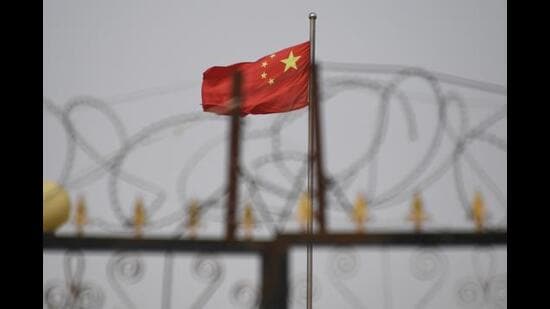China’s stand on terror is dubious
The blocking of the listing of Lashkar-e-Taiba’s Sajid Mir raises questions about its commitment to fight terror
China’s blocking of an effort by India and the United States (US) to designate Lashkar-e-Taiba (LeT) operative Sajid Mir at the United Nations Security Council (UNSC) as a terrorist hardly came as a surprise to Indian policyma-kers. Since June, China has stymied efforts to list LeT leader Abdul Rehman Makki and Jaish-e-Mohammed (JeM) leader Abdul Rauf Azhar. On all these occasions, China contended that more time was needed to study the proposals. What is surpri-sing, however, is the sort of people on whose behalf China wielded the “technical hold” under the UNSC’s terrorist-listing process. Mir was one of the main planners behind the 2008 Mumbai attacks that saw LeT fighters butchering people across India’s financial hub, Makki has been a key fundraiser for LeT, and Azhar has organised suicide attacks in India for JeM, which maintains close links with al-Qaeda and the Taliban. It is significant to remember that China held up the listing of JeM chief Masood Azhar for close to a decade. These moves raise serious questions about China’s counter-terrorism credentials. They also raise questions as to whether China is only acting to shield its “all-weather” ally Pakistan, currently undergoing a review that should lead to the country moving out of the Financial Action Task Force’s “grey list” of nations that haven’t done enough to curb terror financing.

At the recent Shanghai Cooperation Organisation (SCO) Summit in Samarkand, Chinese President Xi Jinping spoke loftily about welcoming all stakeholders to get involved in his country’s “Global Security Initiative” to address international security challenges, and the need to “crack down hard on terrorism”. It is another matter that, at around the same time, Chinese diplomats in New York were blocking Mir’s listing. One key outcome of the SCO Summit was a decision to compile a unified list of terror groups banned by member-states and it remains to be seen whether this can be a credible exercise in light of China’s past and recent actions.
It is not hard to understand why Indian officials repeatedly refer to China’s “double standards” on terrorism. After all, this is the same country that is using terrorism and extremism as an excuse to launch a widespread campaign of repression against the Uyghur minority of Xinjiang, described in some quarters as genocide. It is also the same country whose citizens have been targets of suicide bombings and attacks in Pakistan. No wonder then that external affairs minister S Jaishankar has said any country that blocks genuine efforts to sanction terrorists does so at peril to its own reputation.
All Access.
One Subscription.
Get 360° coverage—from daily headlines
to 100 year archives.



HT App & Website







